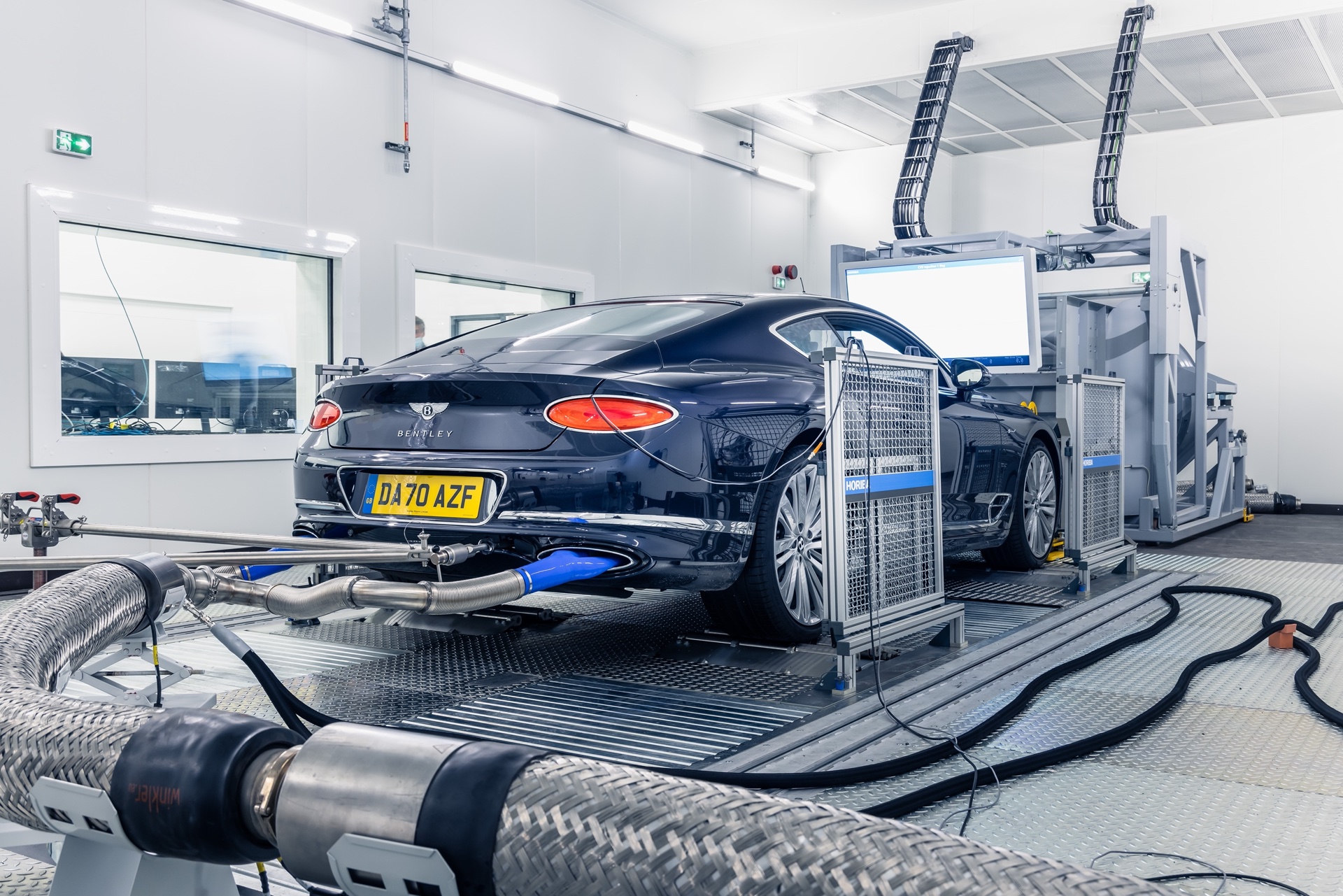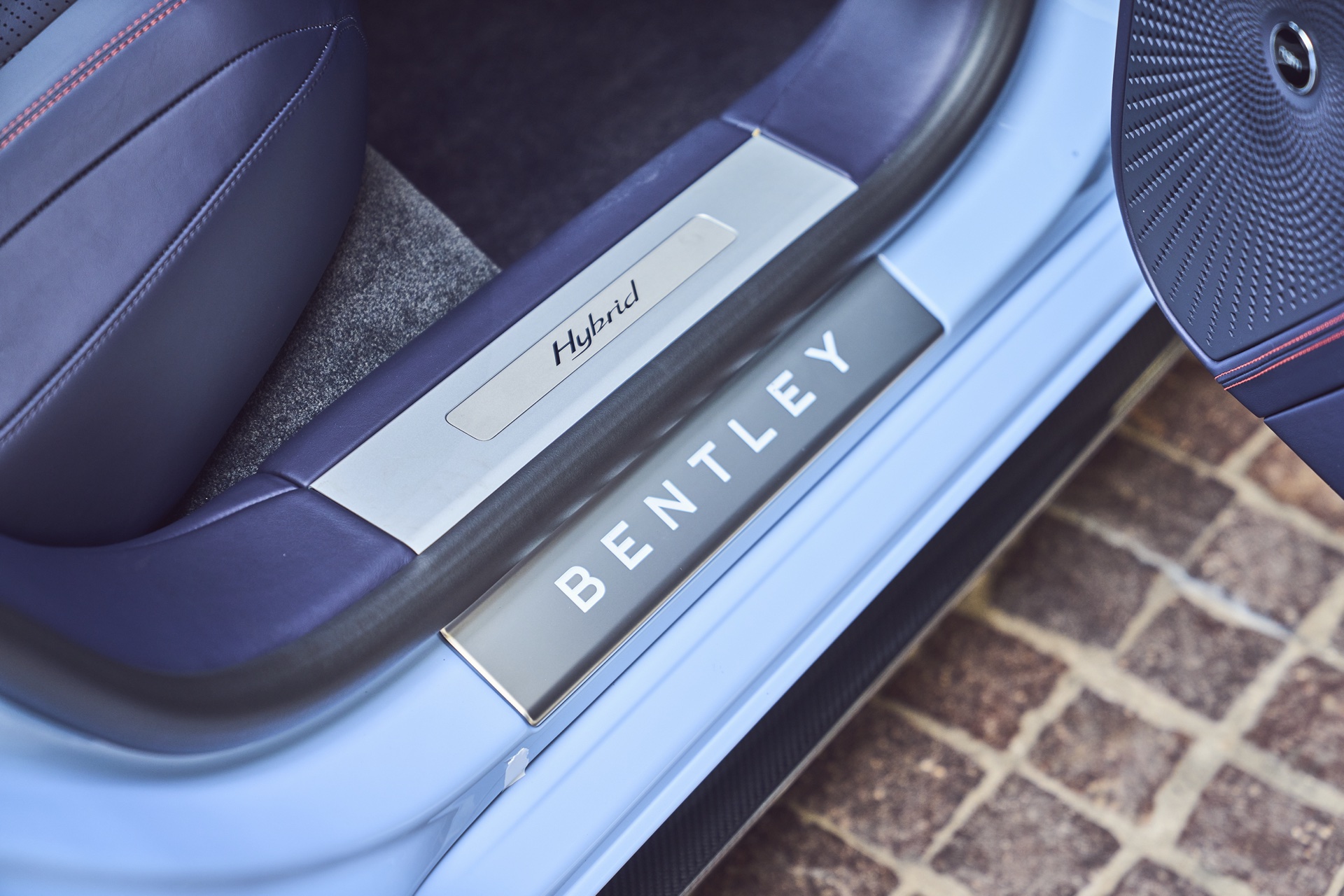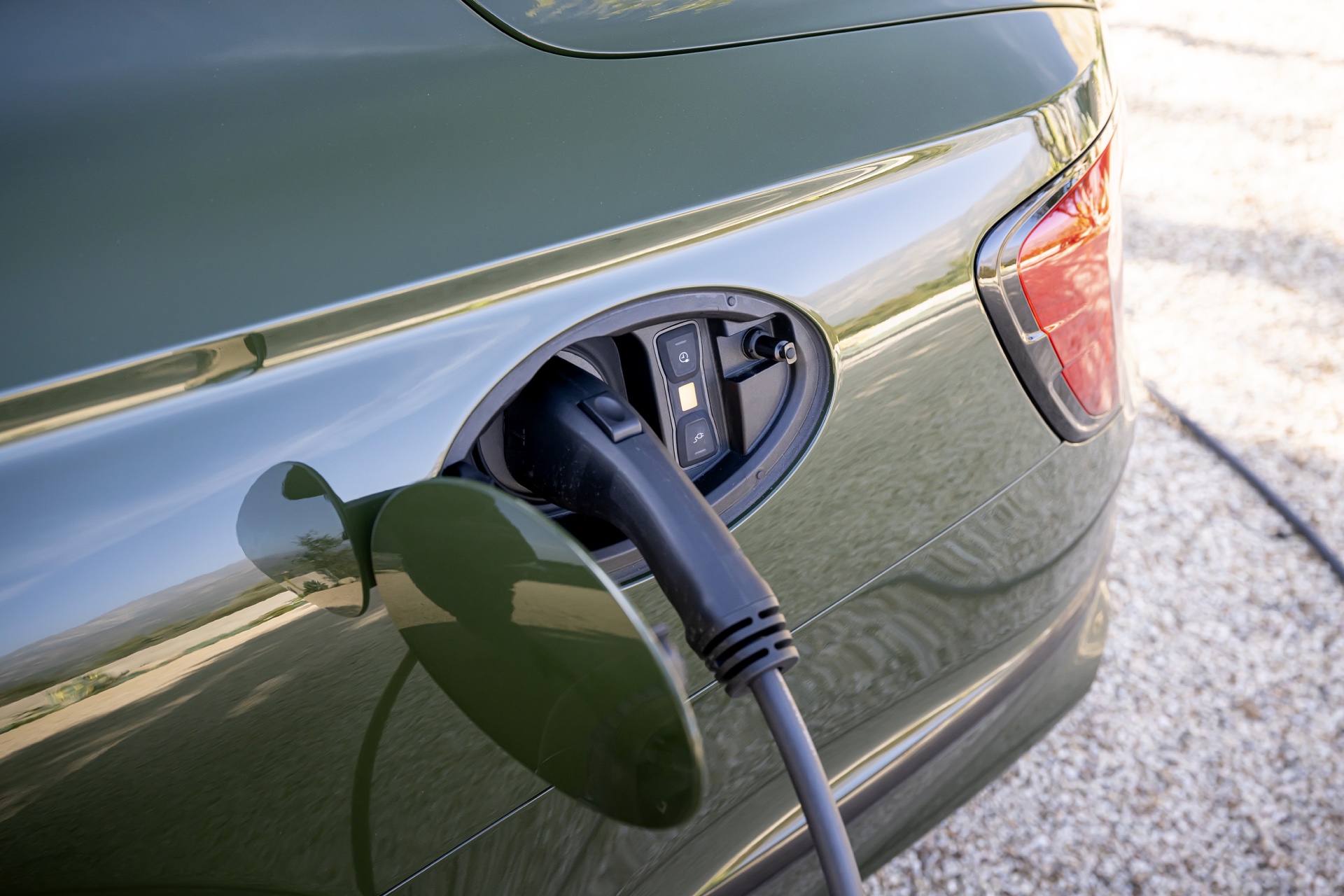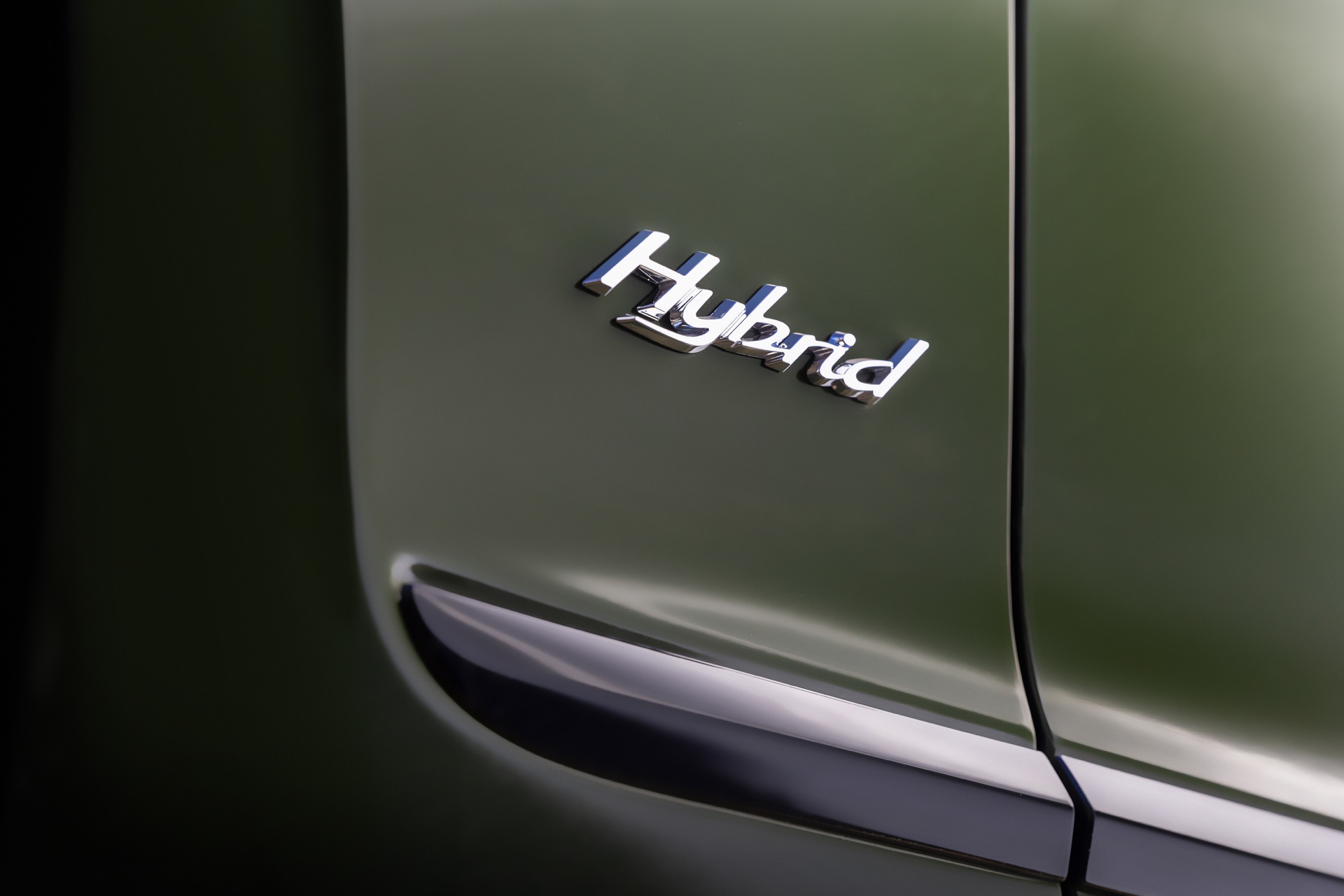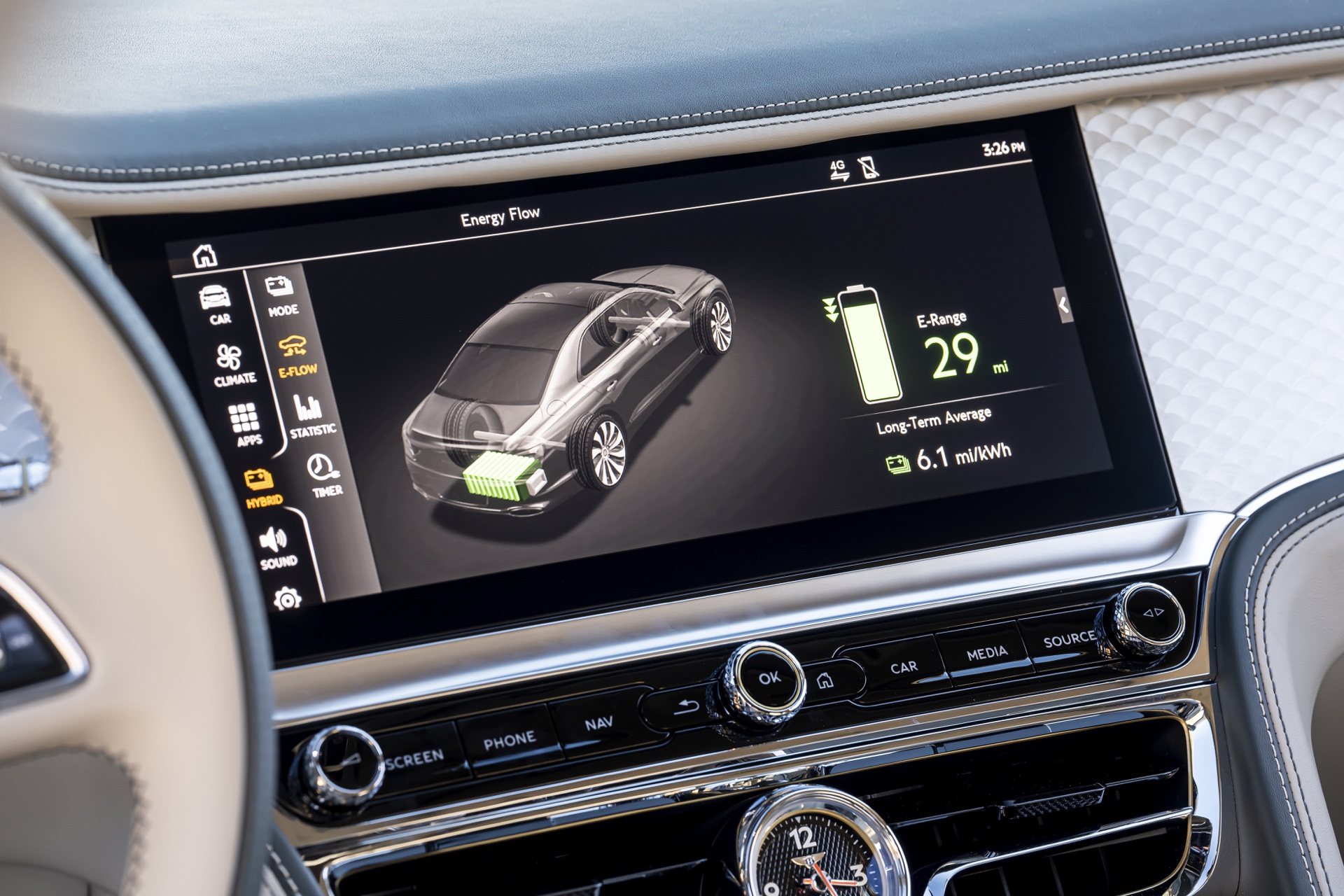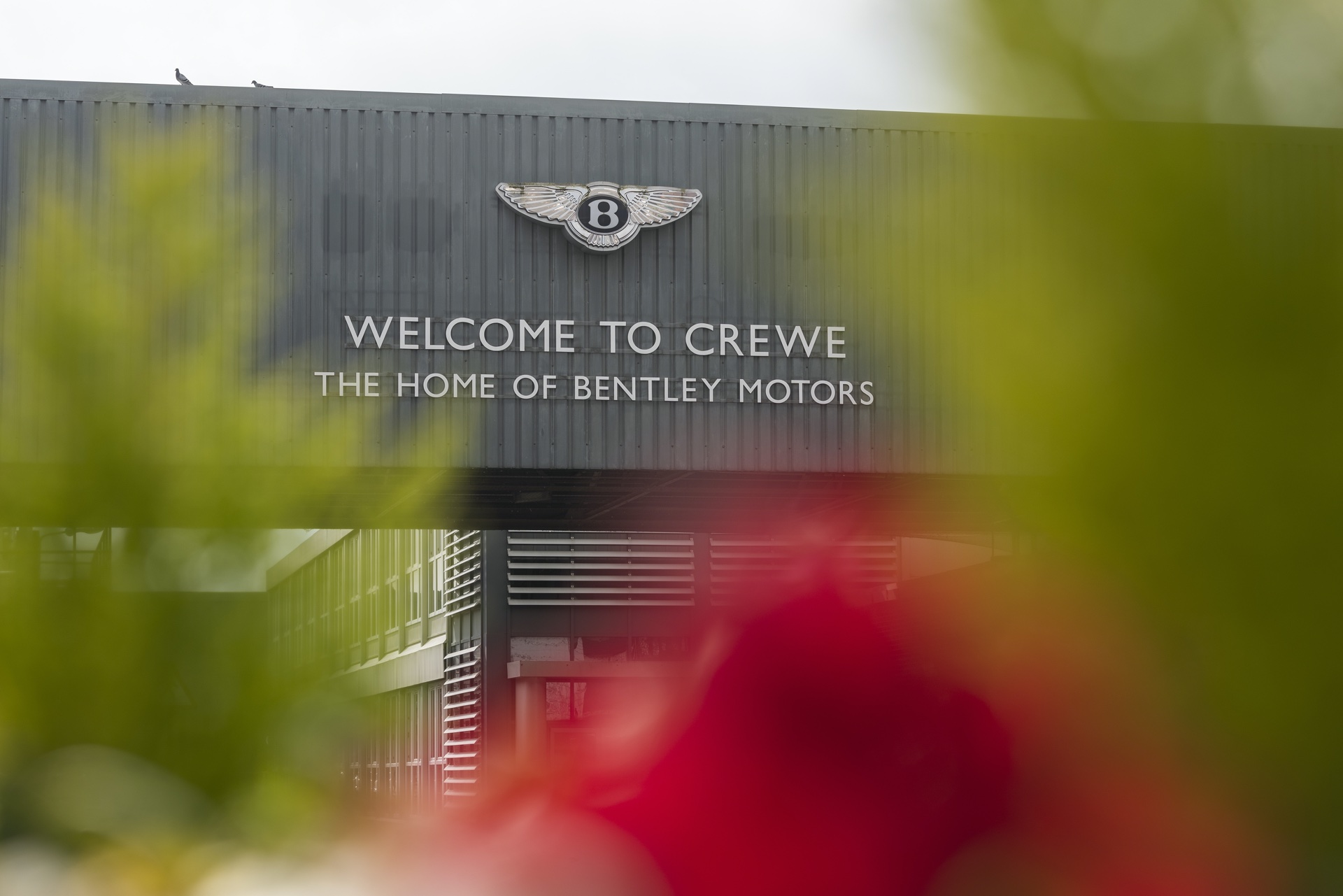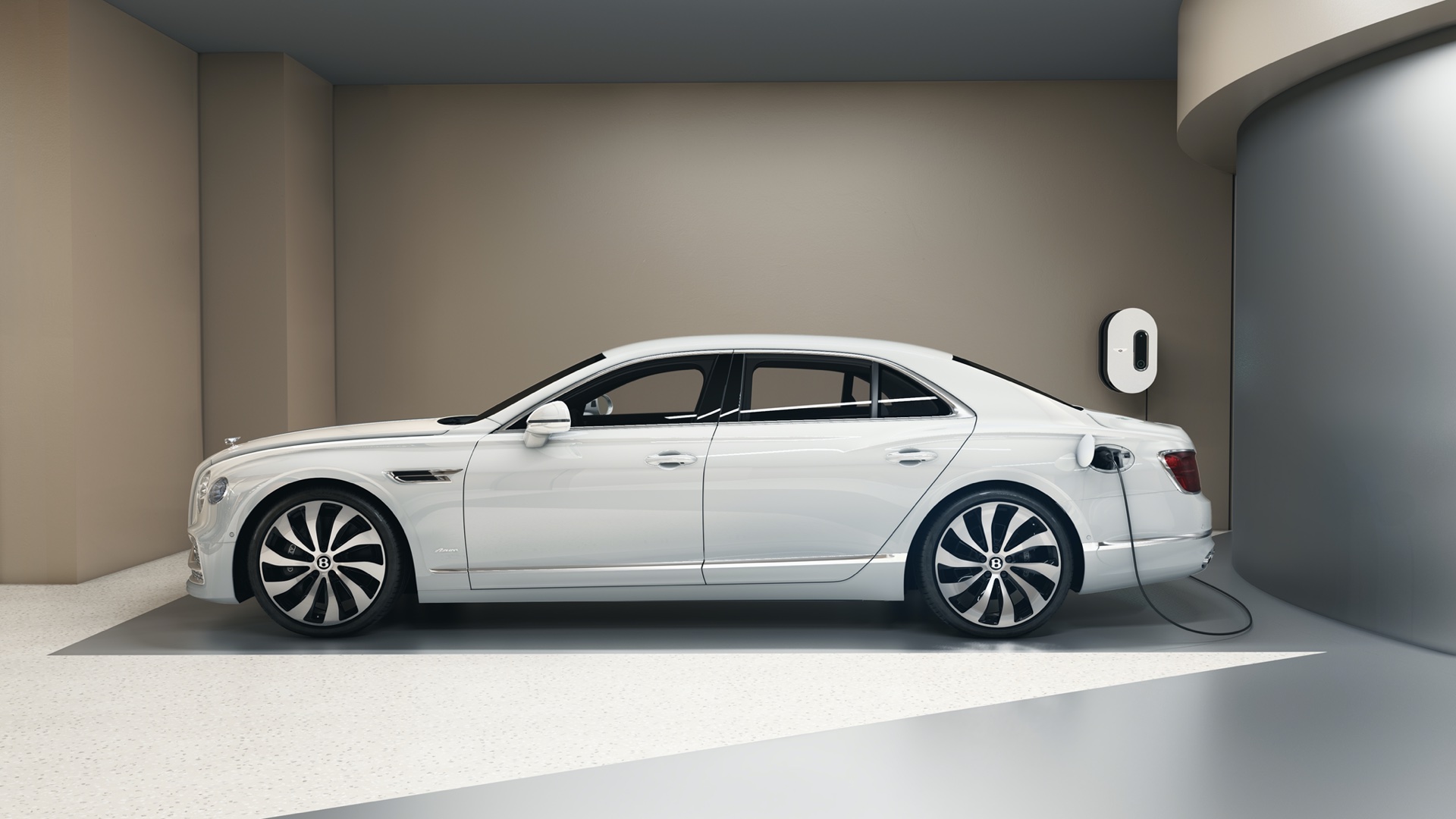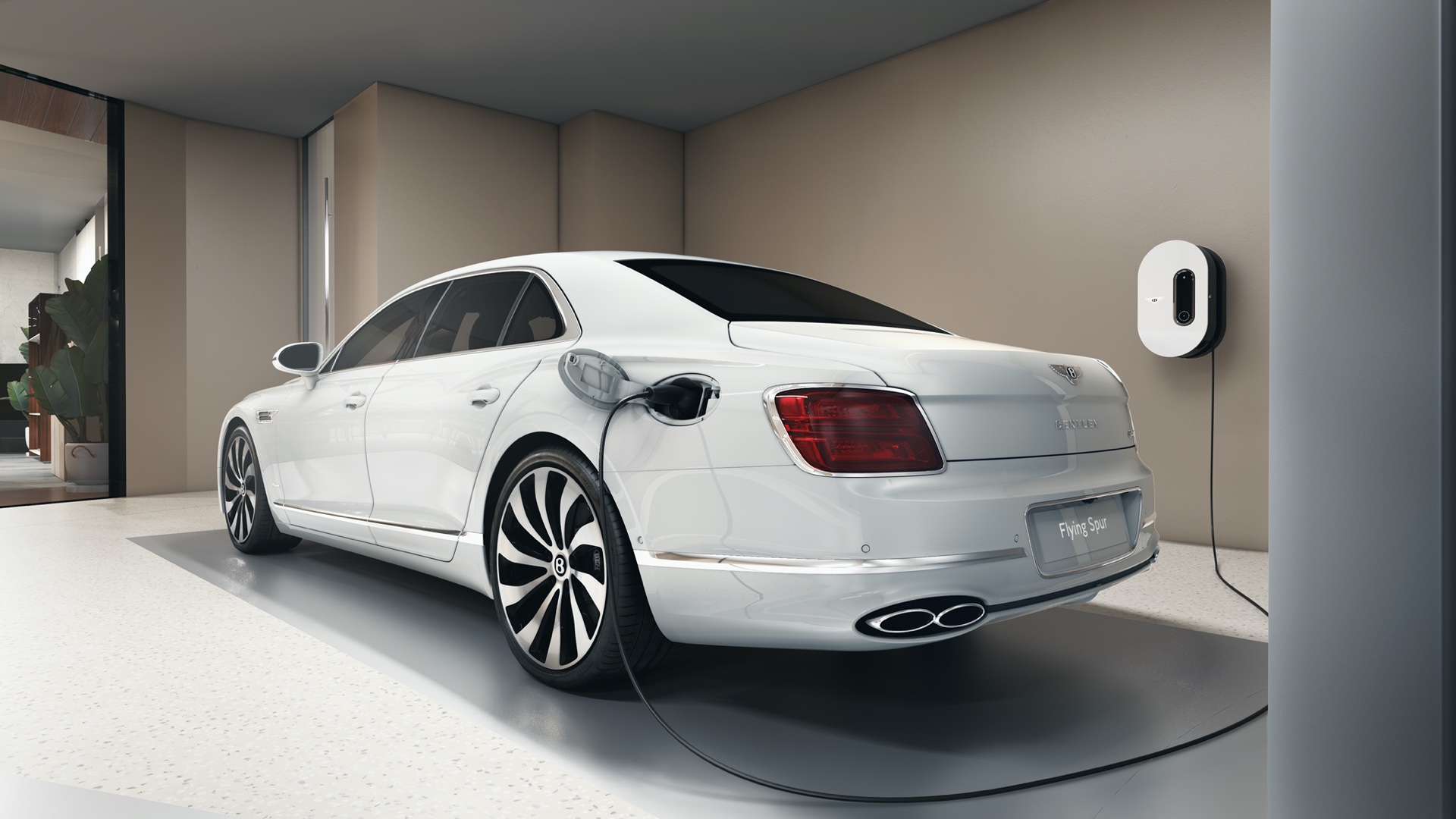We live in a world in which automotive manufactures are being thrust into the spotlight as authorities around the world look to reduce CO2 emissions, with the aim of slowing global warming and the alarming rate at which the icecaps are dissolving. For governments it is a quick and easy to appear proactive by announcing bans on the sales and use of combustion engines, as we are witnessing. What impact does that have on a manufacturer and how do they adapt? I spoke to the team at Bentley to discover how a brand, which is the world’s largest producer of 12-cylinder petrol engines, is looking to the future.
It all begins at Bentley’s home in Crewe: Bentley became the first company to be awarded the accreditation for assessing, reducing and mitigating the global plastic global plastic footprint of its logistics packaging, vehicle protection and aftersales packaging. This was independently verified. Furthermore, in 2019, the production facility in Crewe became the first luxury automotive factory in the UK to certified carbon neutral by the Carbon Trust. This was awarded on the back of 20 years of innovation solutions which included a water recycling system in the paint shop, planting trees locally and the installation of 10,000 solar panels on site, bringing the total to 30,000. This allowed the impressive switch to solely renewable-only electricity. In 2010 Bentley committed to reduce its production-related environmental impact by 75% before 2025, this target has been achieved and exceed, with years to spare.
The Crewe facility is not stopping here, Bentley will continue to improve its environmental operations. By the end of 2022, all suppliers will have passed a sustainability audit, verifying their sustainability credentials. In the future, by the end of 2025, the company intends to reduce its factory environmental impact by focusing on energy consumption, CO2 emissions, waste water, use of solvents in the paint process and becoming plastic neutral. This will result in a climate positive factory by 2030, actively reducing levels of carbon in the atmosphere, while in parallel the business invests in renewable energy and forestation projects.
What about the vehicles themselves? Bentley’s aim to become an end-to-end carbon neutral luxury car brand by 2030 is underpinned by a structured, business-wide sustainability programme. This includes the development of electrified models throughout the range, and further improvements on its operational environmental impact, that of its tier one supply chain and collaborating with its retailer network.

Following the introduction of the first Bentley fully electric model in 2025 – Bentley’s first cradle to grave fully carbon neutral car – Bentley will exclusively offer plug-in hybrid and electric models only within its range in 2026. By 2030, this will change to battery electric vehicles only.
Bentley’s electrified future was previewed with the reveal of the all-electric EXP 100 GT concept car in its centenary year, which also featured a multitude of sustainable materials. These included 5,000-year-old copper-infused Riverwood, traditionally produced wool carpets and a leather-like textile upholstery made from a bi-product of wine-making. Bentley will continue to use only sustainably sourced materials throughout its current, and next generation of cars.

Bentley’s approach to redefining its business model will be built around its accelerated journey towards electrification. Having already committed that every model line will be offered with the option of a hybrid variant by 2023, with Bentley’s first pure electric model to be launched in 2025, Bentley is today announcing a move towards zero emission mobility.
It does not stop at production and goes beyond the vehicles, too. Bentley Motors has become a significant contributor to local biodiversity and their carbon-neutral factory. They have over 300,000 bees, fantastically named ‘The Bentley Bees’, which work to produce more than 200 jars of honey per harvest season. There are hundreds of native British trees on the Crewe site and over 1000 flowers.

This considered approach continues into the Bentley lifestyle. Whilst in Hamberg to experience the Hybrid Flying Spur, I was given a peek and offered a sip of a new Bentley collaboration with The Macallan who have worked together to present The Macallan Horizon – the first limited edition single malt whisky being created by the brand collaboration. Where is this sustainability in all of this?
Reflecting the sustainability core that’s at the heart of the partnership together with a joint purpose of innovation, the prototype of The Macallan Horizon fuses traditional craftsmanship, recycled materials and an exclusive horizontal design. Created following extensive joint development between Bentley Motors and The Macallan, the prototype encapsulates a joint ambition of building a sustainable future from the rich heritage of both brands. In homage to The Macallan’s acclaimed Six Pillars – the foundation stones of the brand that account for its distinctive single malt whiskies – The Macallan Horizon incorporates six unique upcycled, repurposed or ethically sourced materials which are integral to The Macallan and Bentley Motors.
It is clear that being green is a priority and is becoming a defining objective at Bentley. From the way cars are being produced to the way they are powered, there is a clear change in mindset, yet no compromise in quality or the experience that we have come to know and love from the brand. Bravo Bentley.



